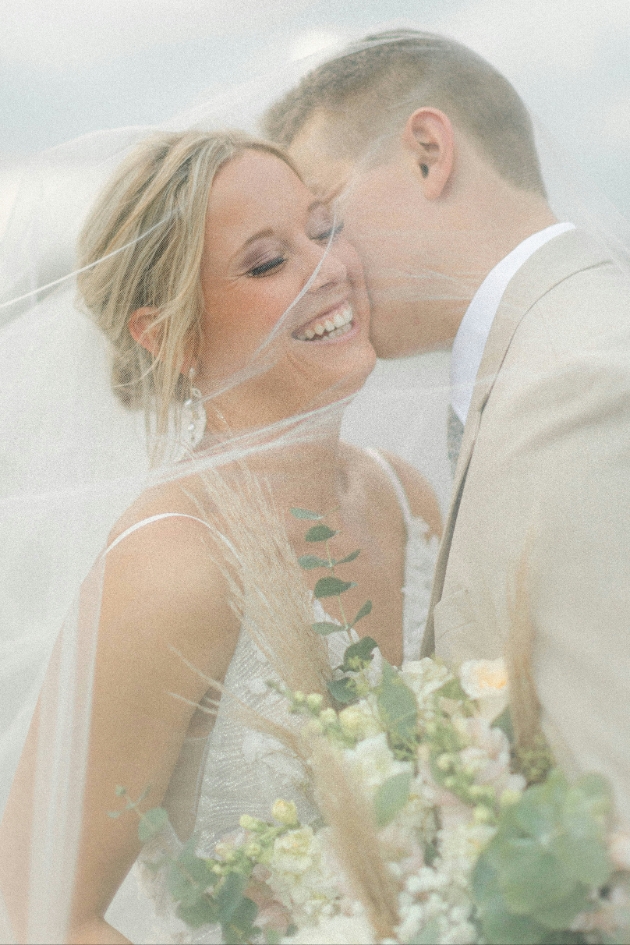easyJet launches new winter route
Looking for a snowy honeymoon destination? easyJet, London Southend's largest airline, has today announced a new...

|
As nearlyweds, you may not be thinking about what happens beyond the end of your natural lives together - that's not the exciting bit - Katharine Bundell, a barrister at 4PB shares advice in this article that could make your loved ones' lives a lot easier if anything happens to you.
In May 2025 the Law Commission published its recommendations on wills and proposed a new statute. This is the first significant reconsideration since the Wills Act 1837 which is still effective today. Life was quite different in 1837. Queen Victoria ascended the throne aged 18 years old. Any property owned by a women on marriage was transferred automatically to her husband. It would be 40 years before Thomas Edison lit up the first electric lightbulb.
So, under the 1837 Wills Act, what currently happens to your will when you get married? Most people are unaware that when you marry, your will is in effect cancelled, or revoked, unless you have specifically protected yourself. If it is revoked, your estate is distributed according to the rules of intestacy, as if you had left no will:
Say your spouse had two children when you met, and you have one child together. Even if you made a will before you married leaving money to your family or the step-children, if it did not protect you properly, then they all get nothing upon your death. Anything in excess of £322,000 and your chattels is shared between the one child of your marriage and your spouse only, and the rest just goes to your spouse. They could then leave that money or property to their children, and not yours.
Some people can get married within a toxic dynamic of controlling of coercive behaviour. If they die, any will they had is revoked, unless it provides protection, and their estate will largely or completely go to their spouse.
Many more people now get remarried later in life. They may think their previous will is effective, and their estate will go to their children, not realising that the will is revoked upon marriage and in fact the first £322,000 and half of the remainder will go to their spouse at death, not the children.
The Law Commissions says about the current law revoking wills upon marriage "We are concerned that this rule is motivating "predatory marriages", where someone marries a person in order to inherit from them, as a form of financial abuse. Most people are unaware that their will is automatically revoked when they marry or enter a civil partnership. We recommend that the automatic revocation rule should be abolished."
The Law Commission is also recommending that electronic wills are valid, the Courts should have more power to give effect to a will which is not currently valid, and to revoke a will made under coercion, to bring the capacity rules in line with modern legislation and to reduce the age you can make a will from 18 to 16 years.
The government have said they need time to consider these suggestions, and will not respond for at least a year. The Law Commission published reports on rights for cohabiting couples upon separation in 2007 and on unmarried couples and intestacy in 2011, neither of which has had a substantive response yet. This issue may have to wait in line.
So, in the meantime, what can you do to protect yourselves? Either you make a will not long before marriage, which sets out your intention to marry, that you do not wish your will to be revoked by marriage, and give clear details of your new intended spouse, such that your will is said to be "in contemplation" of your marriage. You should take legal advice to ensure you put the right words in your will to give yourself protection. Alternatively, you can make another will after you marry.
For now, just make the appointment with a good solicitor who regularly drafts wills, as part of your pre or post wedding admin tasks. If you do it after marriage, just don't do anything life threatening on your honeymoon, and be aware of the risks in that intervening period. Have a wonderful wedding day and rest of your long lives together.